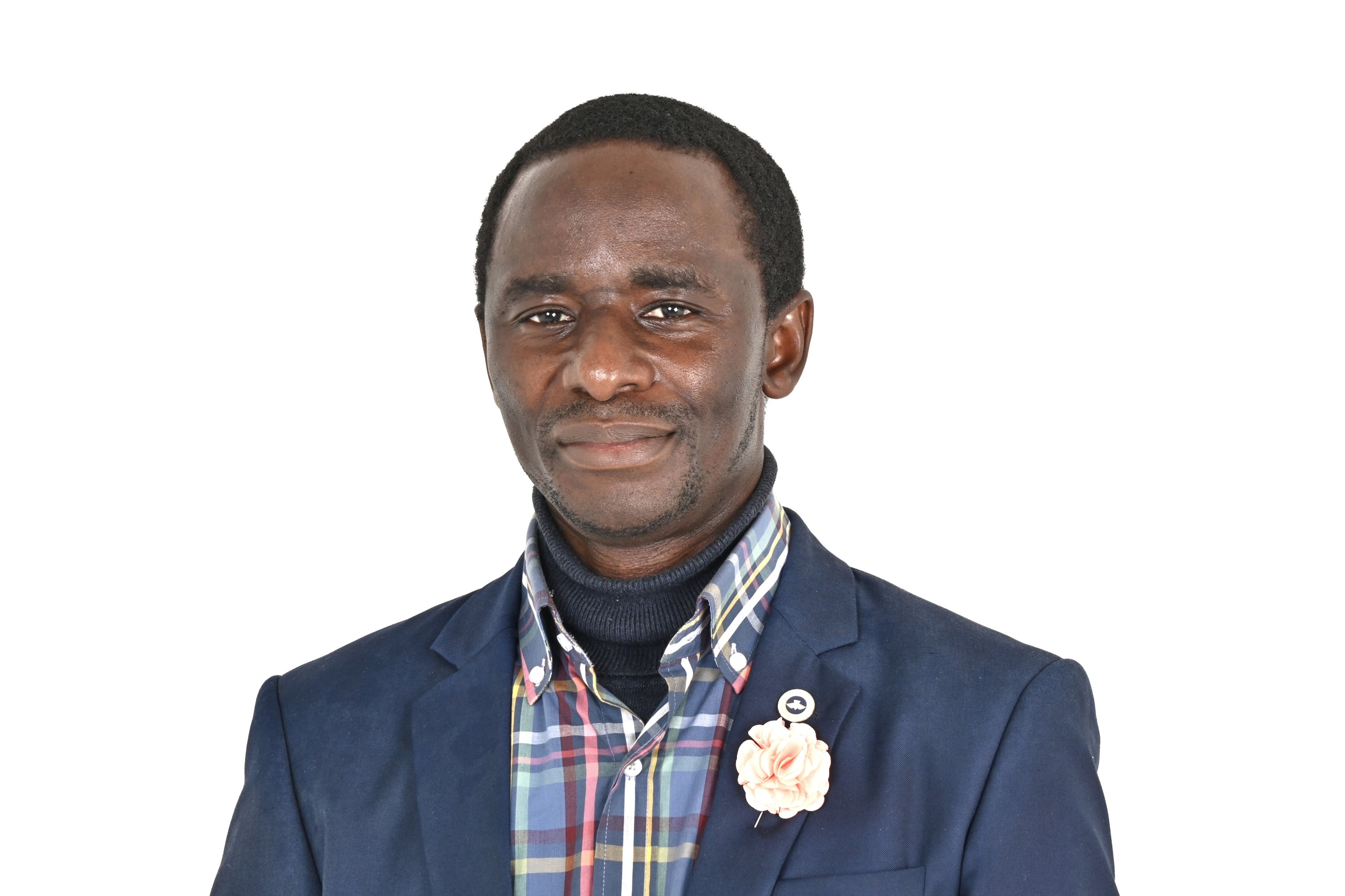LITERATURE FOR MEDICINE MAY BE ALL THAT CAN SAVE LIVES

Keeping up with the fast-growing and ever-changing literary aspect of medical humanities is necessary to ensure the high quality of patient care according to WSU researcher, Dr Oyewumi Olatoye Agunbiade.
In his new prose fiction titled The Symptomatic Experience of Master Curio, Agunbiade highlights empathy as the fundamental component of patient care.
“It was in my Master’s degree class at the University of Ibadan when we were introduced to literature and medicine which is about the intersection between medicine and other humanistic disciplines. The class afforded the department of health with humanistic components that are not fully taught in Medicine such as empathy, ” said Agunbiade.
He added that doctor empathy enhances communication between doctors and patients. When doctors listen actively to patients’ emotions and concerns and respond with empathy, that fosters open and honest dialogue.
“There is what we call doctor authors and patient authors. In this Short story, I write as a patient-author where I narrate the story from the patients’ point of view. The doctor’s effectiveness improves with empathy as it provides them with the ability to see the patient’s point of view,” said Agunbiade.
Agunbiade added that in most cases doctors do not understand the feelings of patients and patients are more likely to share relevant information about their diagnoses and treatment plans when there’s empathy which can lead to understanding what the patient needs to get better.
“Last semester, I taught Communication and clinical skills with our level 1 Bachelor of Medicine and Bachelor of Surgery students where I introduced to them Seven communication skills protocols. Three essential protocols to use when interacting with patients include the CLASS protocol, EVE protocol and SPIKES protocol,” added Agunbiade.
Agunbiade elaborated that the CLASS protocol is the communication skills that the doctors have to deploy when interviewing patients. The EVE protocol is a sub-protocol the doctors can use when they encounter emotions with their patients and SPIKES for empathy when breaking news to patients.
“It was important for me to introduce this course to our Medical students because you cannot be working with people and not have empathy around their situations, and it was vital for me to introduce this at level 1 so that as the students progress, they may have empathy as their core foundation,” concluded Agunbiade.
His new fiction according to Agunbiade is an addition to the corpus of patient-author narratives and will complement the teaching and research in medical humanities.
Agunbiade hopes to fully introduce medical literary texts to medical students and mentor them to become doctor-authors as he finds it to be the missing component in their curriculum.
By Anita Roji
